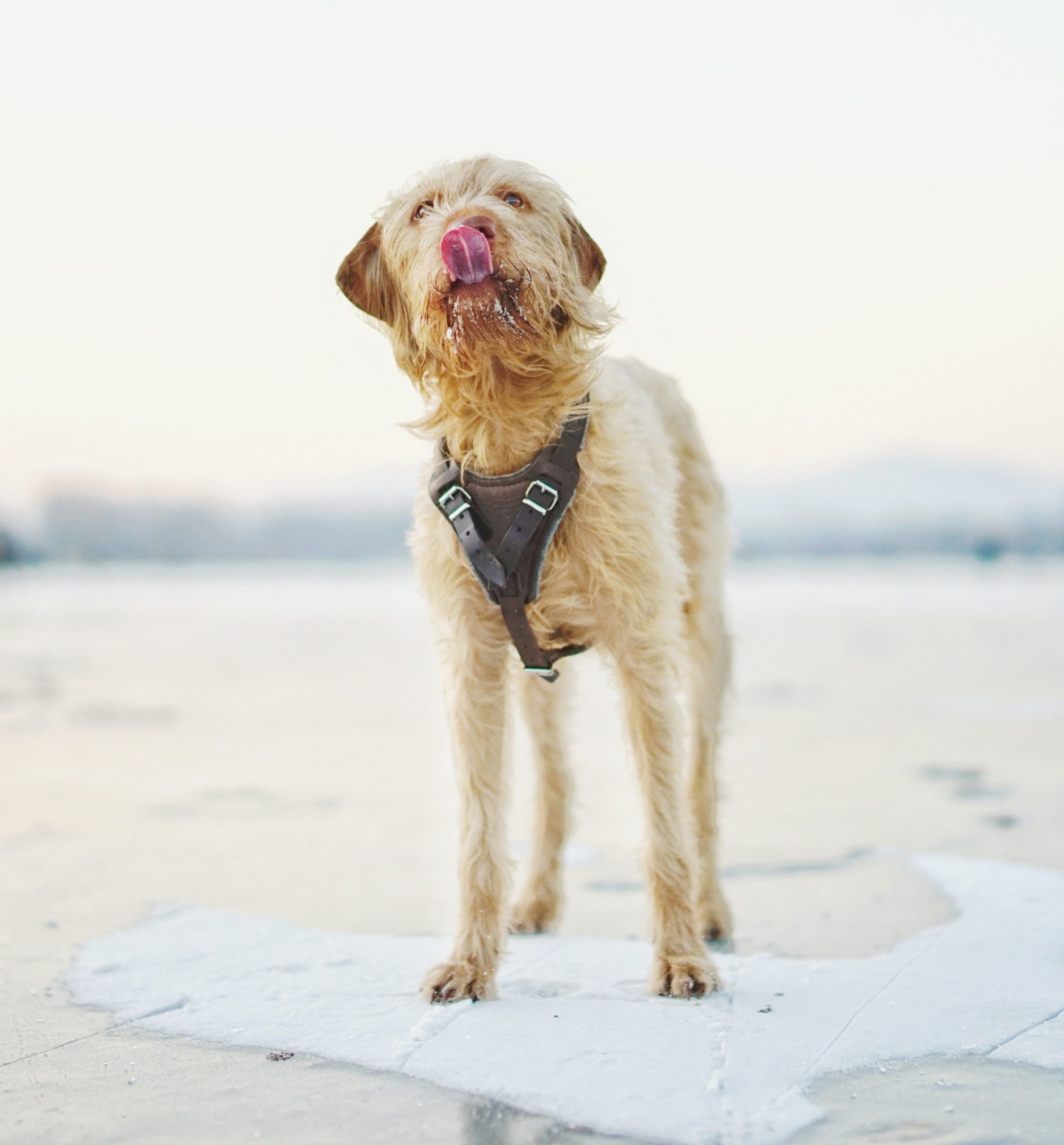Dealing with hard poop in dogs can be distressing for both pets and owners. When fecal matter becomes hard and lodged in your dog’s anus, it can cause pain and discomfort and may lead to severe complications like fecal impaction. Understanding how to handle this situation is essential for your dog’s well-being.
Identifying the Problem
When a dog struggles with hard poop, it often stems from dehydration, poor diet, or lack of exercise. Signs that your dog may be having trouble include straining to defecate, whining, licking their rear, or adopting a hunched posture. These indicators suggest immediate attention is necessary.
Preparation for Removal
Before attempting to remove the hard poop, gather essential supplies: disposable gloves for hygiene, wet wipes or a damp cloth for cleanup, and treats to reward your dog for their cooperation. Speak to your dog in a calm, comforting tone to help reduce their anxiety.
Positioning Your Dog
Carefully position your dog in a comfortable area. Hold their body steady if they seem uneasy. For small dogs, wrapping them in a towel can prevent sudden movements; for larger breeds, encourage them to sit or lie down. Your calm demeanor can help soothe your pet.
Examining the Area
Gently examine the area around your dog’s anus for visible fecal matter that is stuck. If you can see the hard poop, use your gloved hand to grasp it gently. Avoid applying too much pressure to prevent causing pain. If the stool is too hard to remove manually, consider alternative options.
Using Lubrication for Softening
If manual removal isn’t successful, applying a small amount of warm water or a lubricant like petroleum jelly can help ease the stool out. Use your gloved finger to gently apply the lubricant and insert it into the anus, ensuring you proceed slowly to avoid discomfort.
Applying a Warm Compress
In some cases, a warm compress can help relax the muscles around the anus. Soak a clean cloth in warm water, wring it out, and gently place it against the affected area for a few minutes. This can soothe your dog and make the removal process less stressful.
Post-Removal Cleanup
After successfully removing the hard poop, clean the area thoroughly with wet wipes or a damp cloth to prevent irritation or infection. Dispose of gloves and waste properly to maintain a sanitary environment.
Preventing Future Issues
Addressing the immediate issue is crucial, but preventing future occurrences is equally important. Ensure your dog has constant access to fresh water to combat dehydration. Monitor their diet, incorporating high-fiber foods to promote regular bowel movements. For dogs prone to constipation, consult your veterinarian for tailored dietary recommendations.
Regular exercise is essential for your dog’s digestive health. Daily walks and playtime encourage natural bowel movements, while gentle stretching exercises can stimulate digestion in older or less mobile dogs.
Recognizing Underlying Health Issues
Frequent hard poop can indicate underlying health issues. If this problem persists, consulting a veterinarian is wise for a thorough examination. They can rule out serious conditions and offer advice on diet and care.
Monitor your dog’s bathroom habits closely. Changes in frequency, consistency, or effort required to defecate can signal a problem. Keeping a journal of bowel movements and any changes can provide valuable insights for your veterinarian.
Seeking Veterinary Assistance
If you notice additional symptoms such as vomiting, lethargy, or a lack of appetite, seeking veterinary assistance immediately is crucial. These signs may indicate a more serious health concern that requires professional intervention. Early detection can significantly affect treatment and recovery.
Your dog’s health is a priority. Establish a routine that includes regular vet check-ups, a balanced diet, and sufficient exercise to reduce the risk of future issues. By remaining attentive to your dog’s needs and addressing problems promptly, you can help ensure a happier, healthier life for your furry companion.



